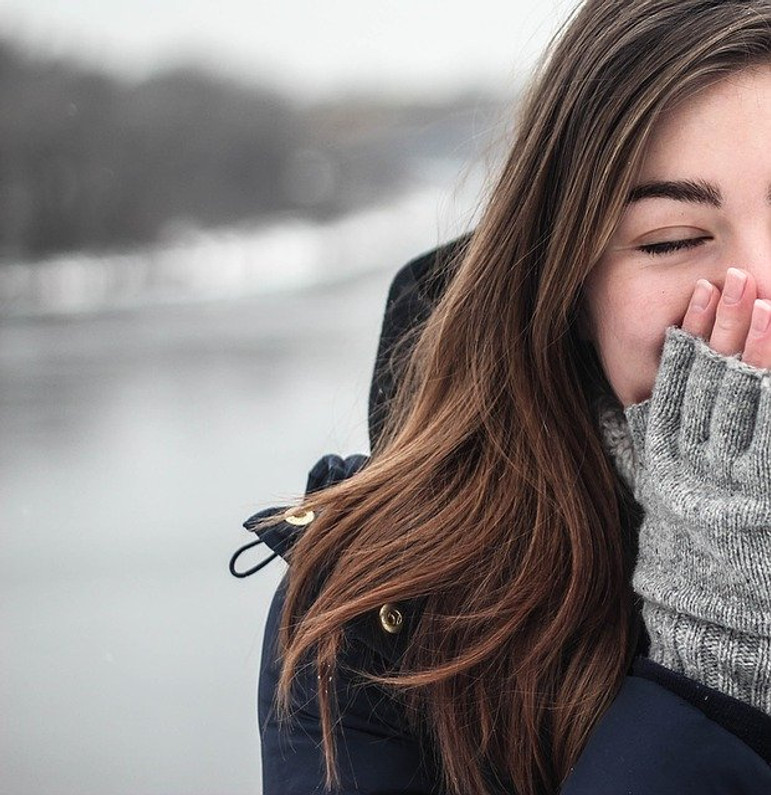How to Prevent Winter Allergies
Who says allergies only occur during the spring? When most people think of allergies, they associate it with springtime. During the spring, millions of people suffer from nasal allergies due to pollen exposure. Allergies, however, can occur during the winter as well. If you suffer from winter allergies, you should consider the following preventive measures.
Vacuum Your Floors
Winter allergies are often caused by indoor allergens, such as dust mites, mold and pet dander. During the winter, levels of indoor allergens typically increase. If you are exposed to them, you may experience an allergy attack similar to those caused by outdoor allergens. Fortunately, vacuuming the floors inside your home -- as well as your workplace -- can significantly reduce levels of indoor allergens.
Use a Humidifier
In addition to vacuuming your floors, using a humidifier can help to protect against winter allergies. Air is drier during the winter than the summer. As the temperature begins to drop, so will the amount of moisture vapor it holds. Dry air, of course, offers little or no restriction of airborne allergens. Allergens can travel through dry air more easily than moist air, thus increasing the risk of an allergy attack.
A humidifier can raise the humidity level inside your home or workplace so that you are less susceptible to winter allergies. Humidifiers contain a water tank, which they use to spray a light mist of water vapor into the surrounding air. As the water vapor fills the air, it raises the humidity level.
Wear a Dust Mask When Outdoors
If your winter allergies are caused by outdoor allergens, such as mold, you may want to wear a dust mask when staying outside for long periods. Mold spores are common during the winter. Dust masks are designed to prevent particulate matter from reaching your mouth and nose. By wearing a dust mask, you won't inhale allergens that could otherwise cause an allergy attack.
Keep in mind that a dust mask is only useful if you change it regularly. You can't wear the same dust mask day after day and expect it to keep you safe from allergens. You'll need to change it with a new dust mask to stay protected.
Wash Your Clothes
Washing your clothes can minimize your risk of winter allergies. When you come home, immediately change your clothes while placing your old clothes in the washing machine. Even if they look clean, they probably contain contaminants, some of which may cause allergies.
Recent Posts
-
Fire Safety in the Workplace: What You Need to Know
What steps are you taking to prevent fires in your workplace? According to the U.S. Occupational Saf …Aug 23rd 2023 -
Is It Safe to Go Jogging With a Cold Infection?
If you're suffering from a cold infection, you might be wondering whether it's safe to go jogging. T …Aug 22nd 2023 -
5 Safety Tips to Follow When Using a Powder-Actuated Tool
Powder-actuated tools are commonly used to join materials to steel and concrete. Also known as Hilti …Aug 20th 2023




